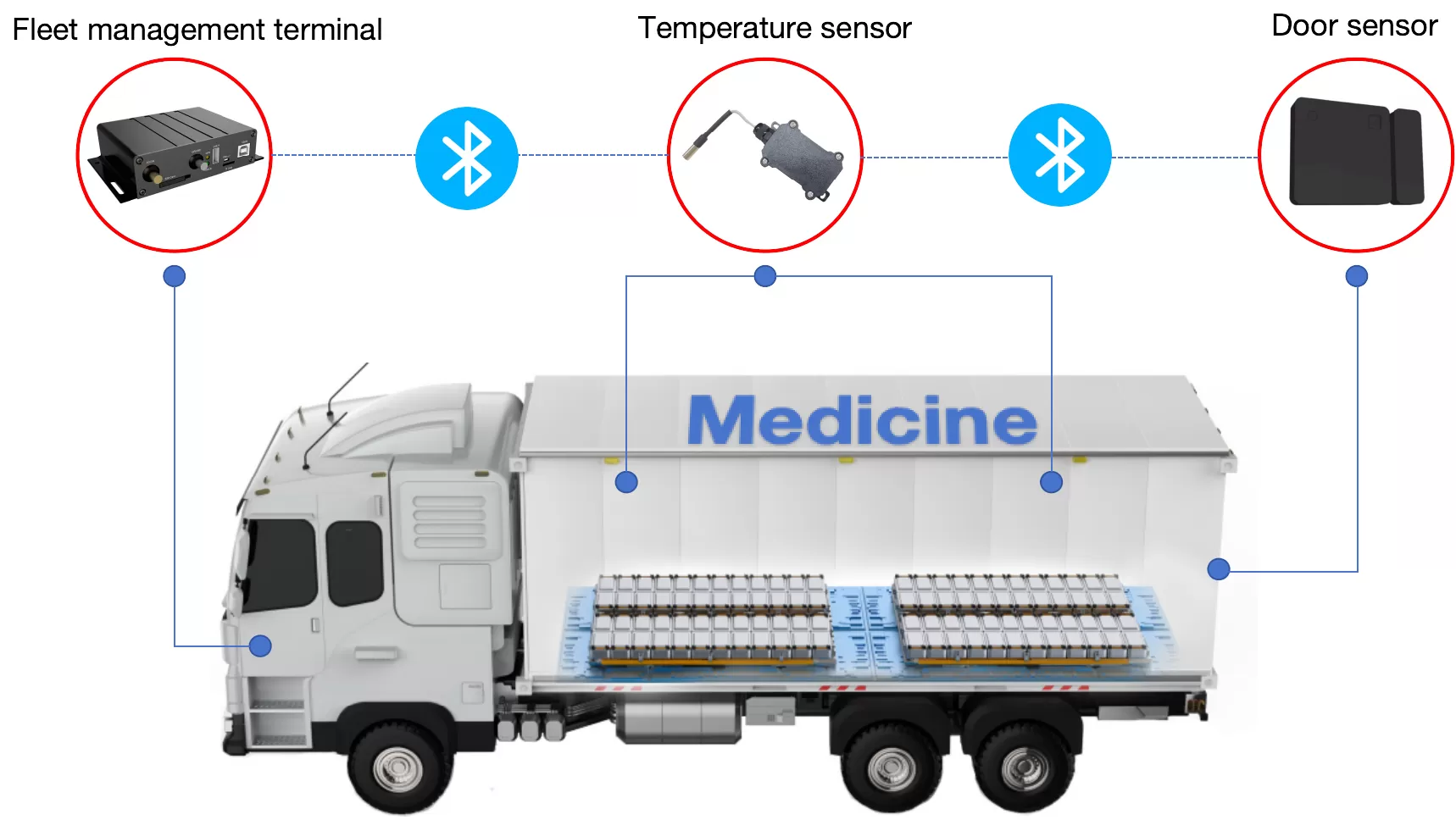Logistics is the backbone of the supply chain, responsible for the smooth and efficient movement of goods from one place to another. In today’s globalized economy, businesses rely heavily on logistics to meet customer demands, ensure timely deliveries, and remain competitive in the market. Whether it’s raw materials moving to a manufacturer or finished products being delivered to consumers, effective logistics plays a pivotal role in driving business success.
What Is Logistics?
Logistics refers to the process of planning, implementing, and controlling the efficient movement of goods and services. It involves two primary functions: transportation and warehousing. The goal of logistics is to ensure that products reach their destination on time, in the right condition, and at the lowest possible cost.
While logistics is often used interchangeably with supply chain management, it is just one piece of the larger puzzle. A supply chain encompasses the entire network of businesses and processes involved in producing and distributing goods, with logistics focusing specifically on the movement and storage of these goods.
The Role of Logistics in Business Operations
For any business, effective logistics is critical to operational success. Companies must carefully manage their transportation, warehousing, and inventory control systems to ensure products are available when customers need them. Logistics management also involves considering external factors like regulations, road conditions, and customs for international shipments.
Poor logistics can have a significant impact on a company’s bottom line. Delays, damaged goods, or inefficient transportation can lead to higher costs, dissatisfied customers, and lost sales. On the other hand, well-managed logistics can result in reduced costs, higher efficiency, and improved customer satisfaction.
![]()
Key Components of Logistics Management
- Transportation: The core function of logistics is moving goods from one place to another. Companies must select the optimal transportation methods (land, air, sea) based on factors like cost, speed, and distance. Logistics managers must also optimize routes, track shipments, and manage billing to ensure that transportation costs are kept under control.
- Warehousing: Efficient warehousing is essential for managing inventory and ensuring that products are readily available when needed. Logistics teams must carefully plan the use of warehouse space, taking into account factors such as product type, demand frequency, and storage conditions (e.g., cold storage for perishable items).
- Order Fulfillment: When a customer places an order, the logistics team must pick, pack, and ship the goods on time. Order fulfillment is central to the customer experience, and any errors or delays can lead to dissatisfaction.
- Inventory Management: Effective inventory management ensures that businesses don’t run out of critical products or overstock items that aren’t selling. Using demand forecasting and inventory tracking systems, businesses can maintain a healthy balance between supply and demand, reducing costs and improving cash flow.
- Supply Chain Integration: Logistics is a key part of the broader supply chain, which includes all the steps from raw material sourcing to production and distribution. A seamless logistics operation ensures smooth transitions between these stages, enabling companies to meet customer demands quickly and efficiently.
The Importance of Logistics in Modern Business
In today’s fast-paced business environment, logistics is not just about moving goods; it’s about creating value for customers. Efficient logistics helps companies reduce operational costs, improve product availability, and enhance the overall customer experience. Moreover, logistics impacts customer loyalty—on-time, accurate deliveries can differentiate a brand in a crowded marketplace.
For companies dealing with high volumes of goods or complex global supply chains, logistics management software is crucial. These systems automate many logistics processes, from route optimization to inventory tracking, helping businesses stay organized and responsive to customer needs.

Technology’s Impact on Logistics
Technology has revolutionized logistics, making it more efficient, transparent, and data-driven. With tools like Tracking Lock Device, video telematics, and fleet management software, logistics teams can track shipments in real-time, monitor driver behavior, and optimize routes to reduce delays and improve safety. These technologies not only improve operational efficiency but also enhance customer experience by providing more accurate delivery estimates and real-time tracking updates.
For example, Vehicle Gps Padlock and digital tachographs help secure shipments and monitor driver performance, ensuring that goods are transported safely and in compliance with regulations. In-vehicle infotainment systems can assist drivers with route planning, improving navigation and reducing fuel consumption.
The Future of Logistics
As businesses continue to grow and global trade expands, the role of logistics will become even more important. Companies must adapt to changing consumer expectations, including faster delivery times and greater transparency in the shipping process. To stay ahead, businesses will need to integrate advanced technologies like IoT and AI into their logistics operations to streamline processes, reduce costs, and improve service levels.
Looking to optimize your logistics and fleet management? With HBOIOT’s advanced solutions, including GPS trackers, video telematics, and digital tachographs, you can ensure that your goods are transported securely, efficiently, and on time. Get in touch with us today to discover how we can help you enhance your logistics operations and drive business growth!
